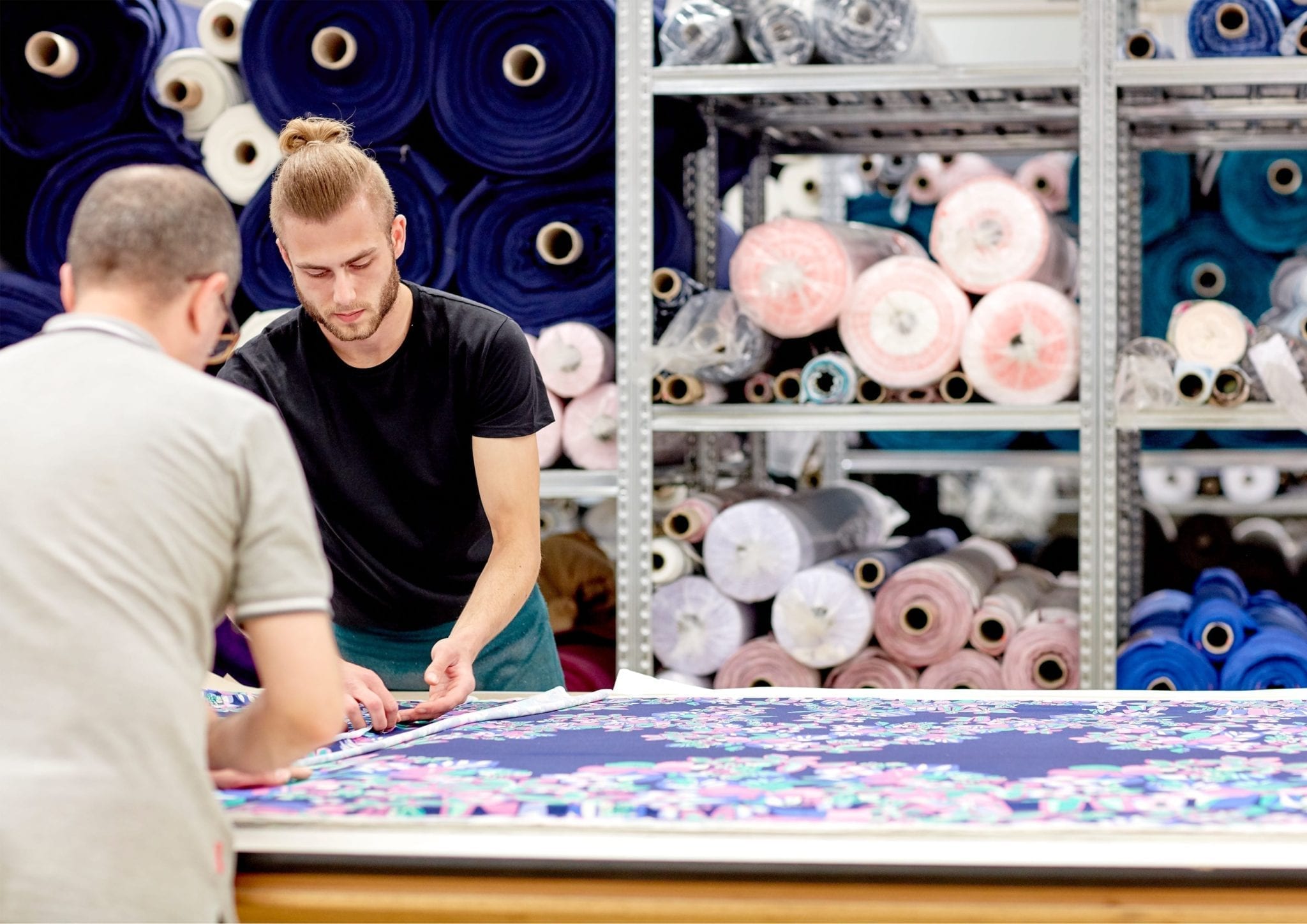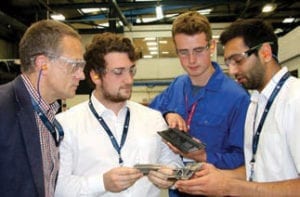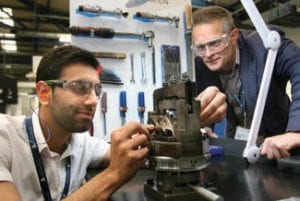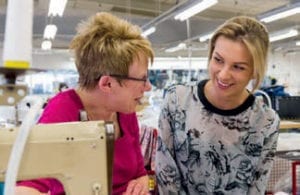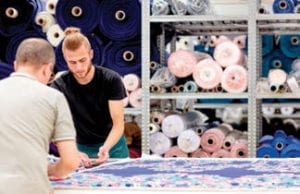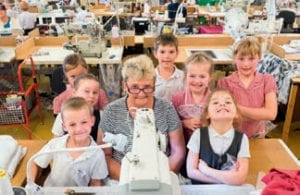More than a million additional family firms have opened for business in the UK since 2010 – and 88% of manufacturing businesses are familyowned. They need more recognition, says Elizabeth Bagger, Executive Director of the Institute of Family Business.

Elizabeth Bagger, Executive Director, Institute of Family Business
The manufacturing sector is full of incredible family firms. 88% of manufacturing businesses are family owned – some 235,000 in total. Those in the manufacturing sector employ 1.1 million people, and turn over £132bn. Many family businesses have been operating for hundreds of years; their longevity and enduring success are testament to their innovative and long term outlook.
But the benefits of family ownership go further than just the economic contribution they make. Strong values run through family companies. Owners have the opportunity to teach and pass along their business and personal values to the next generation of managers/ owners. Family members take pride in upholding these family values and building on the successes of previous generations.
Family firms are also committed to the local communities in which they operate and take an active role in local projects. Across the country you will see local football clubs, community projects and vital services that are supported by family firms. They play an incredible role in supporting the social and economic wellbeing of their communities.
And family businesses embody and embrace responsible capitalism. They avoid excessive debt, have lower staff turnover and take a long-term and sustainable approach to investment. It’s part of the reason that, according to several studies, family firms outperform non-family businesses over the long term.
By combining their entrepreneurial mindset, leveraging their heritage and generations-worth of knowledge and experience, family businesses have a great opportunity to boost their companies. Building on these strengths can put them in a great position to grow and create value over the long term. With these and other advantages available to them it’s no surprise that many of the oldest and most successful businesses in the world are convinced of the benefits of being family-owned.
But being a family business can bring its own challenges too. Managing the relationship between the family and the business, planning for ownership succession and engaging the next generation are all areas that have to be considered. Because every family and business is different there is no one size fits all way to address these issues – but there is a wealth of experience and expertise within the IFB community that can help you manage and overcome these challenges.
JJ CHURCHILL: SHARING IN GROWTH ACROSS GENERATIONS
As a family-run business now led by the third generation, Midlandsbased JJ Churchill lives by the philosophy that underpins many family businesses: take the longterm view.
- (R to L): Andrew Churchill, Ben Lavender (Manufacturing Engineer), Ben Wark (Work Experience Placement) and Karan Singh (Manufacturing Engineer).
- JJ Churchill is reinvesting in employee skill-sets, technology and innovation to secure its future.
- Two different types of Nozzle Guide Vanes (NGVs), a type of stator blade (or stationary aerofoil) for the turbine stage of a jet engine
That long-term view has shaped the company, enabling it to have a historic year in 2018 with a record order book (£150m vs £7m five years ago) and huge investments in innovation, in people, processes and plant. In July, at the Farnborough Air Show, the company announced a £70m, 10-year contract with RollsRoyce; an important part of the year’s record order book.
The Sharing in Growth programme has, in no small measure, underpinned this success, helping to integrate and catalyse the upskilling of its people.
JJ Churchill is a fantastic example of the UK putting into action its own ‘Mittelstand’ (the German initiative to support medium-sized firms). Its starting position is re-investment in employee skill-sets, technology and innovation to secure the future, from many years out.
The company has the advantage of taking a long-term view while being agile and nimble enough in deploying its strategy to seize shortterm opportunities, whether that is growing the business or taking a lead in engineering innovation to secure competitiveness.
DAVID NIEPER LTD: A POLISHED DIAMOND
Derbyshire based David Nieper Ltd. is a family business that has been designing and making luxury women’s fashion for almost sixty years.
- David Nieper will be the first UK company to digitally print onto knitted fabrics.
- David Nieper’s Sweing Academy ensures specialist skills are passed down to the next generation
- David Nieper works with education at every level, including running an annual design award for local primary schools.
David Nieper Ltd is less concerned with the current state of the High Street than most ladies’ outfitters; it sells luxury fashions directly to private customers by catalogue and online. One-third of sales are within the EU,
where it has regional offices. The company employs over 300 staff and has a further 600 staff and students at its sponsored Academy.
The family business takes pride in its local community, always investing in local jobs and skills. It has never taken manufacturing offshore and, in 2017, featured in The Sunday Times ‘Best 100 British companies to work for.’
This company is on a mission to rebuild British fashion and textiles manufacturing. It led the Government’s National Apprenticeship Trailblazer, it established an Education Trust to sponsor state education (the only British fashion business to do so), it has its own sewing academy, its own knitwear, its own catalogue printing and is currently setting up Britain’s first digital jersey fabric printing facility to ensure British sourcing post Brexit.
‘Made in Britain’ is a core brand value. The company champions British skills, British quality and British design.

